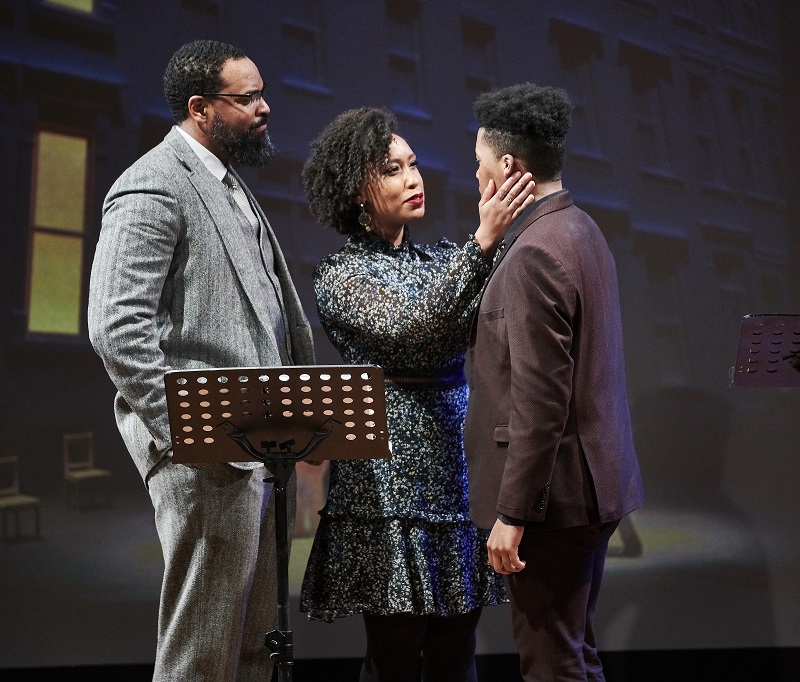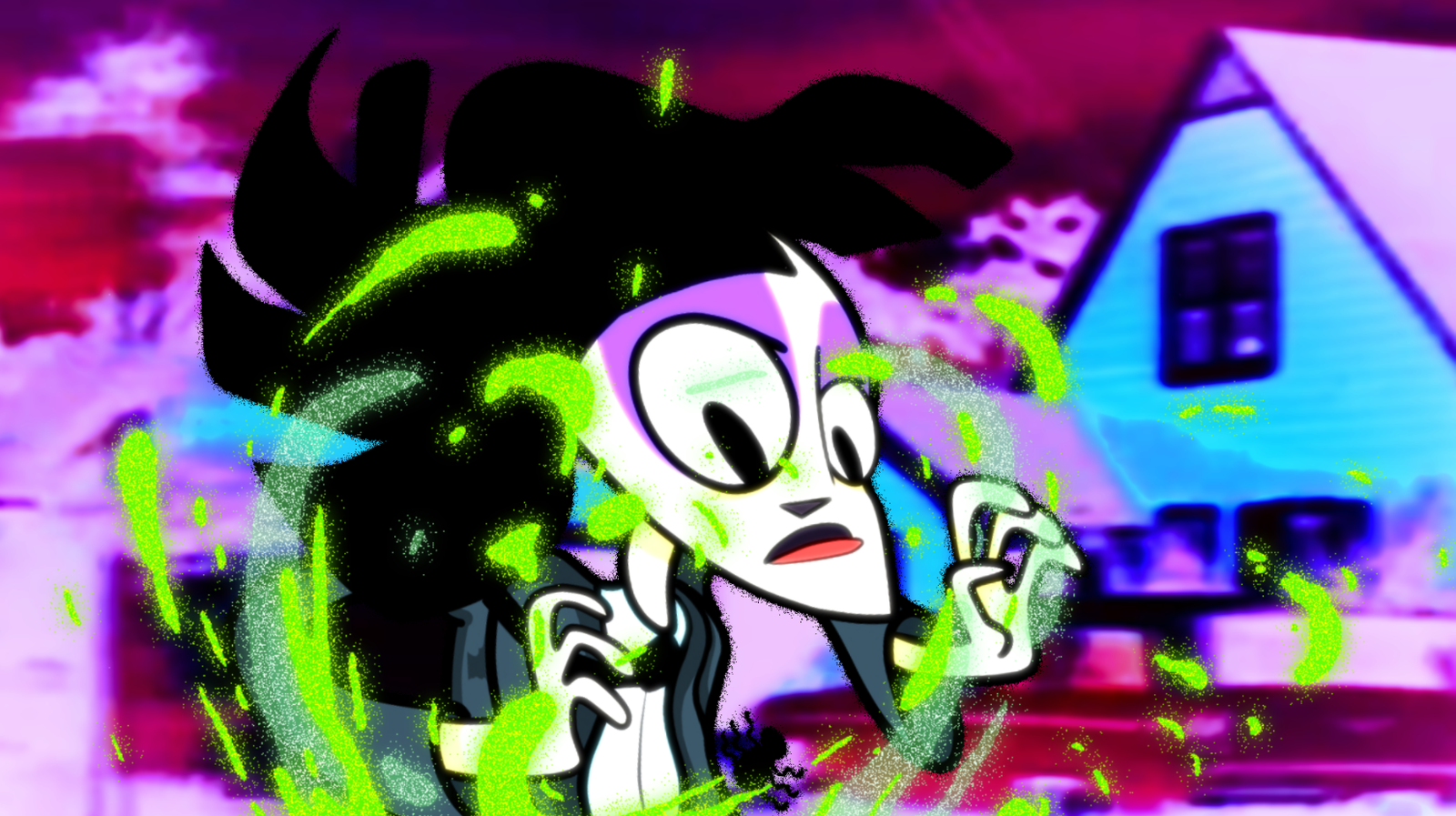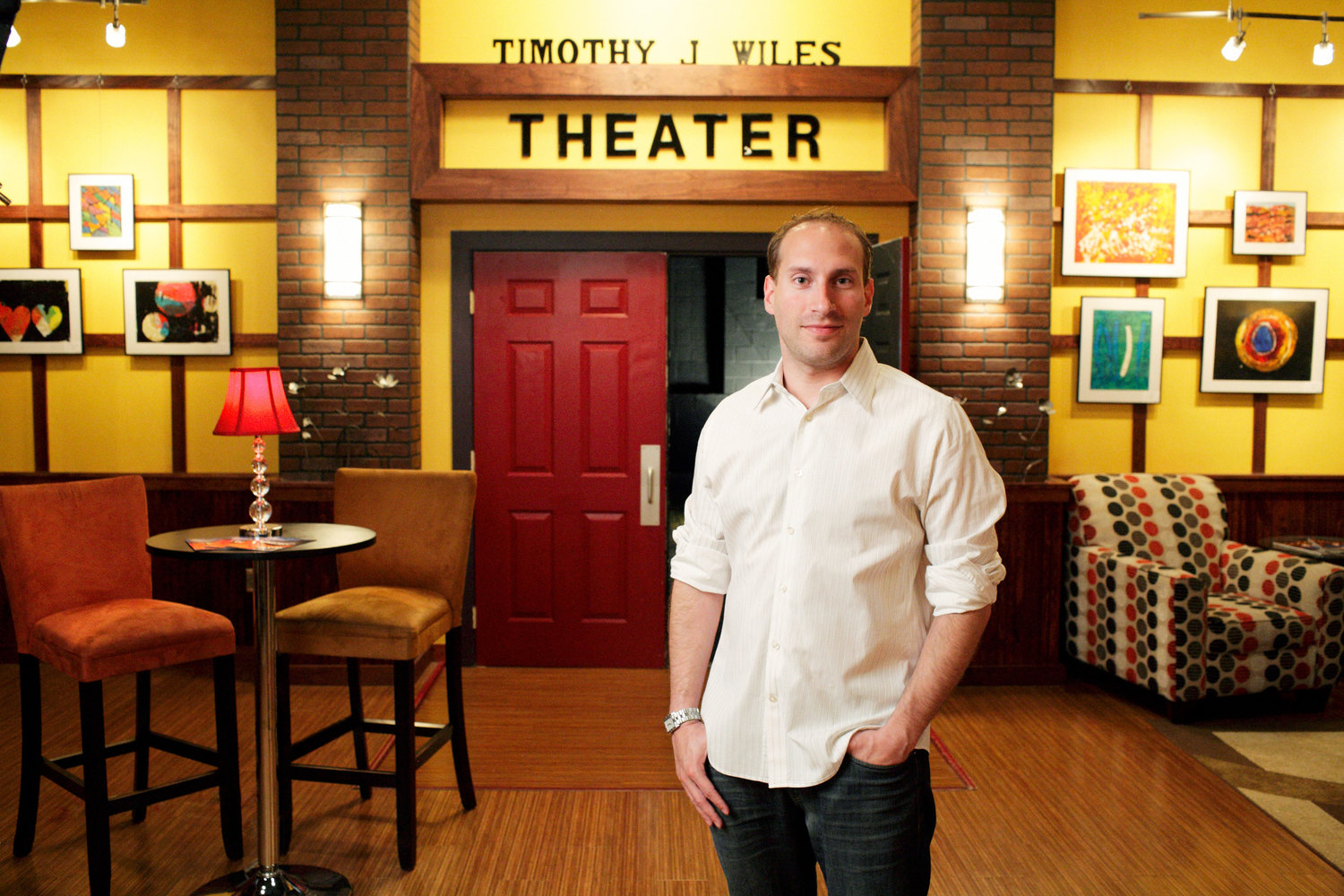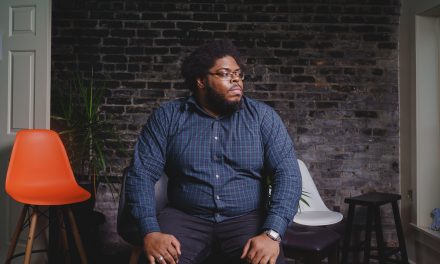This summer the Glimmerglass Festival in Cooperstown will present “Blue,” the story of a young black couple raising their politically active son in modern-day America. Dealing with loss, criminal justice and community, this world premiere by Jeanine Tesori and Tazewell Thompson in many ways exemplifies the festival’s commitment to staging modern, relevant work alongside the classics as well as its role in nurturing and supporting talent.
Commissioned by Glimmerglass’ Artistic/General Director Francesca Zambello, the piece takes inspiration from contemporary events and literary works like Ta-Nehisi Coates’ “Between the World and Me” and James Baldwin’s “The Fire Next Time.”
Mezzo soprano Briana Hunter plays the mother in “Blue” and is tasked with carrying the emotional weight of the opera. The Davidson College and the Manhattan School of Music graduate was also part of the festivals’ Young Artists Program. Since then she’s performed in I Sing Beijing, The Santa Fe Opera, the Sarasota Opera, among other companies.
We spoke to Hunter about “Blue,” keeping opera relevant and how she found her way in the arts. “Blue” runs from July 14 to August 22.
The Collaborative: What are your thoughts about performing “Blue” in a rural, small-town setting?
BH: We’re performing “Blue” in many different places but I did notice as I was coming out there there were a few confederate flags so there is that element in the community. And that makes it even more important that we are doing there. I commend Francesca for pushing progressive programming in this age despite there being so much fear.
It’s also nice to come up here. I live in New York City most days of the year and Cooperstown is a lovely escape. I was here as part of the Young Artists Program so it is nice to return as a principal. It is also amazing that they invest in talent and develop it. So this feels like a familial place.
CO: “Blue” tells such a powerful story of loss and grief. How do you prepare yourself to tell it?
BH: I have had the privilege to work with a number of contemporary living composers and that is a huge responsibility to undertake. I feel I’m representing an entire group of black mothers in this country through my role. And that idea of a mother that has lost a child is tremendous to me. It takes a lot of emotional work to be done to get through. I just cried and cried when I first opened the score but my job is not to cry. That is the audience’s job. My job is conveying the characters and music. The harder work is emotional.
CO: There is always a lot of conversation about how to keep opera fresh, to make sure it is vital to younger generations and speaking to them. “Blue” takes place in a contemporary setting and deals with issues of the day do you think there is enough of this kind of work being done to keep opera relevant?
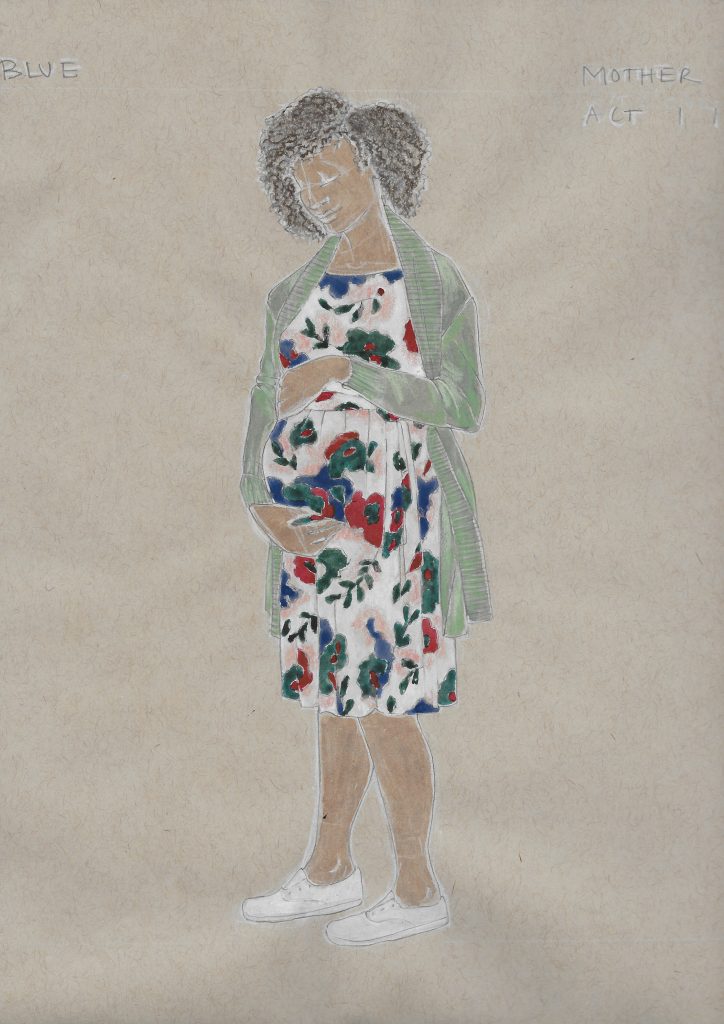
BH: I think a lot of places are doing a good job. I wish I had a solution but I think there are good things we are doing, like making sure there is broader representation in the stories we are telling. We need to keep telling stories we haven’t seen before but some things still can be fun. It’s OK, everything doesn’t have to be 100-percent dire. Another function of art is to make people happy to give them and escape from the real world and that’s OK, too.
I don’t think our generation is the generation you have to be selling opera to. I think the pendulum ultimately swings the other way. With the kind of technology we have that puts the whole world at your fingertips all the time you need something else so a lot of it occurs naturally. Our responsibility to present different things to engage audiences. We don’t need to change things inherently about opera.
CO: As a young black woman who found the arts, and became very successful at it, what do you think went right? How did you get involved in the arts and find a career there?
BH: A part of me always loved to perform. I loved the arts early on and I was blessed with parents who nurtured it. I put myself 100 percent into what I love and never had a doubt in my mind that I was going to be doing something creative. But I never limited it to one thing. I didn’t start in a conservatory. I got a liberal arts degree and I didn’t discover opera until after my undergrad. I got into theatre and then graduated into opera.
Really it took a lot of hard work in addition to being able to drop your ego and look at yourself honestly—that is really huge. For many years I was really bad. I was not a great singer. But I really put my nose to the grindstone and worked hard. You don’t want to be so hard on yourself that you discourage yourself but I was honest and I knew it was achievable. I ended up in the right room in front of the right people.
CO: What do you want people to get out of “Blue?”
BH: I would say this, I hope everyone can see themselves in this story. This is not just a black story or a cop story but a real human crisis with a lot of different perspectives. I hope they can’t distance themselves and be like, “No way, that’s not a story that has anything to do with me.” I want them to take away the utter, sheer humanity.

